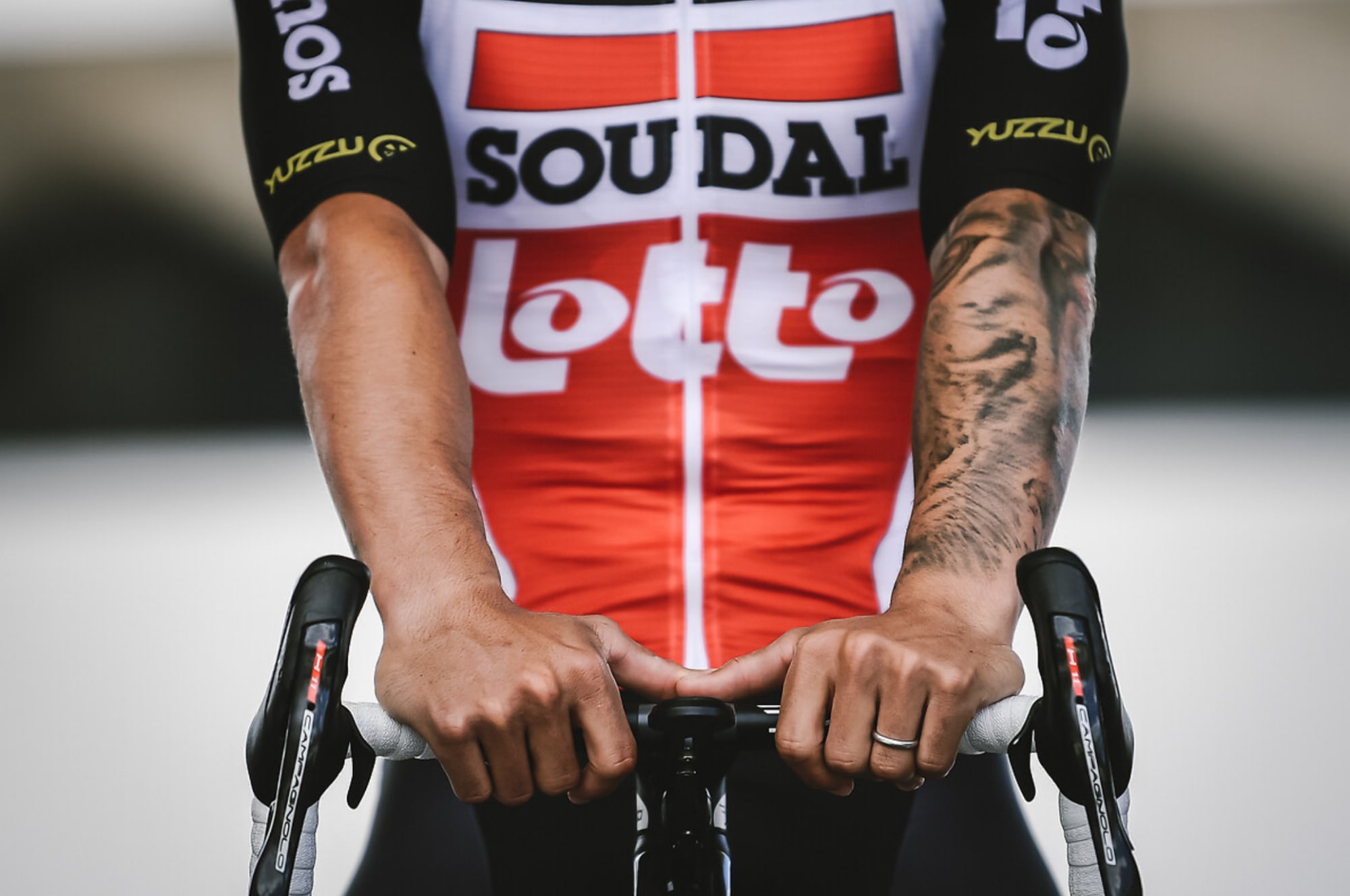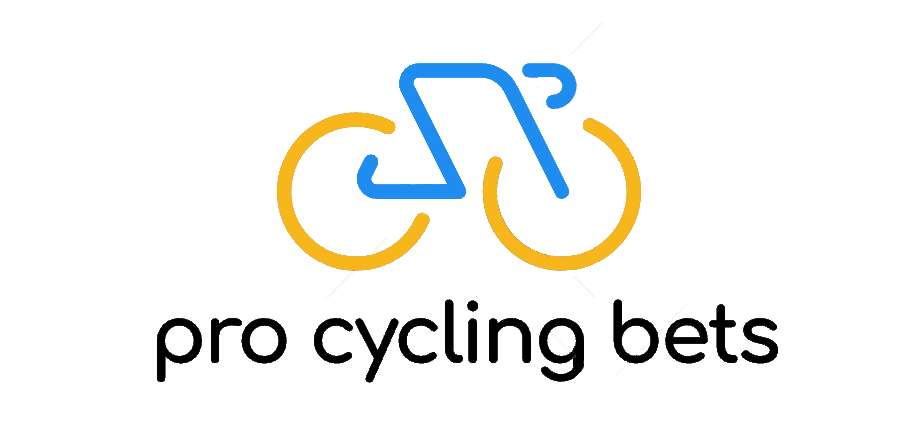How are betting probabilities assigned?

We recently saw Thomas Gloag at 26.00 odds to win the stage, and Gino Mader at 126.00 to win the same stage. But head to head the betting house had Mader at 1.68 to beat versus Gloag at 2.65 to beat Mader in the head to head.
That didn't quite make sense to us, how could Gloag be marketed as so much more likely to win the stage compared to Mader, but in the match up they had Gino placing better than Gloag?
We asked our industry friends and it all comes down to liquidity.
The betting house probably took more bets on Gloag for stage win that shortened his odds but didn't move the head to head odds.
The head to head odds also shouldn't always be a function of stage win prices directly anyway. For example if there's a decent probability assigned to them finishing in the same group and the order of them not really making a difference.
They then went on to discuss how what they're focused on is liquidity and being able to pay all the bets back while still being able to take a cut. If they're taking too many bets on one rider they'll shorten that rider's odds so it's less "sweet" and punters are more likely to choose other options for better returns. That's why they'll also cap the amount of money punters can place down on riders at times. If it's over a threshold they can safely repay, they won't accept the bet.
It's also interesting to us that they sometimes experience 100% profit days. Days on which none of the riders who bettors select win. Doesn't usually happen in team sports where bettors are picking one of two options generally.
